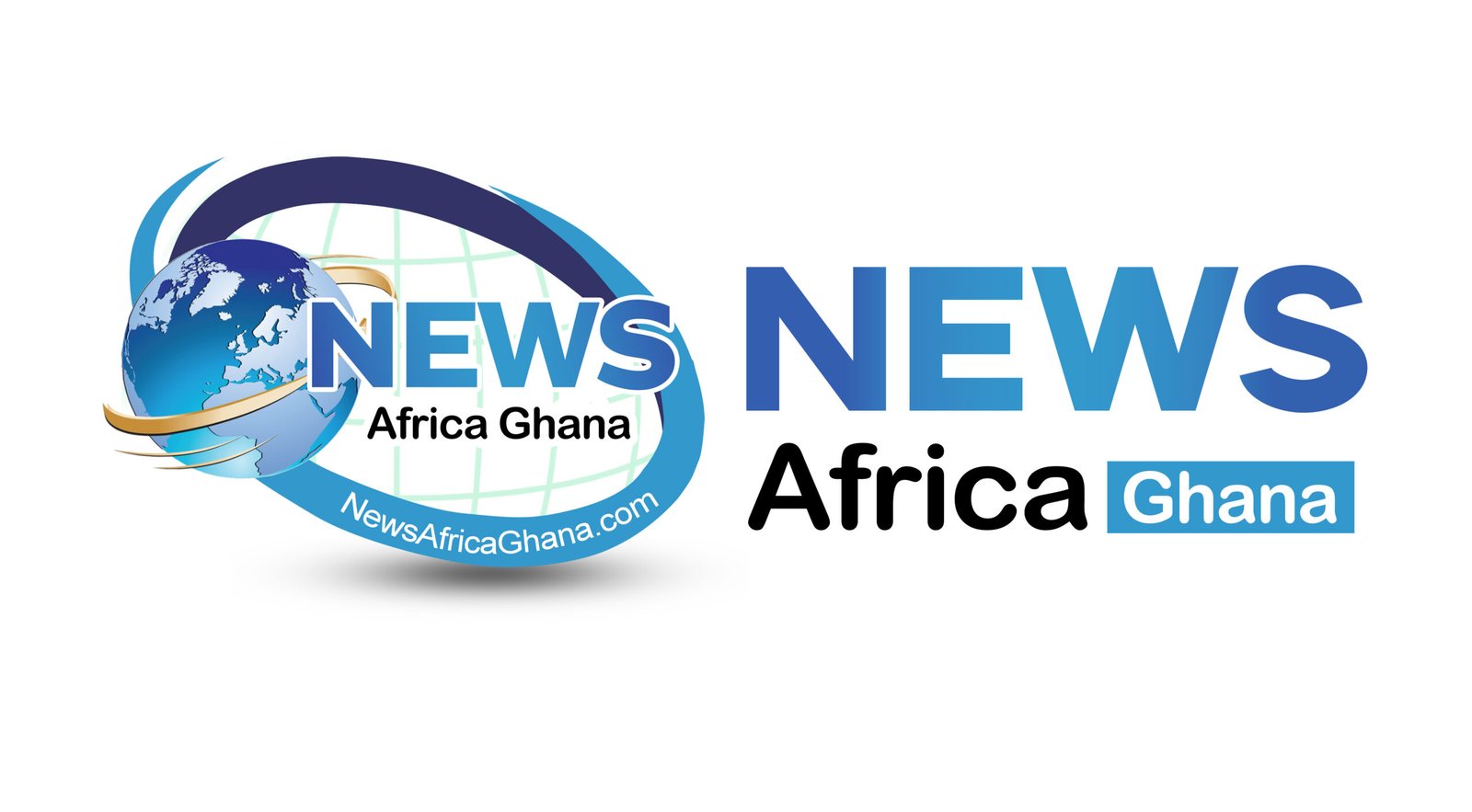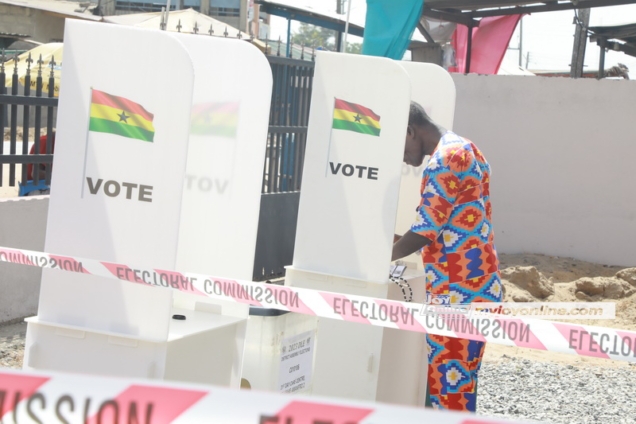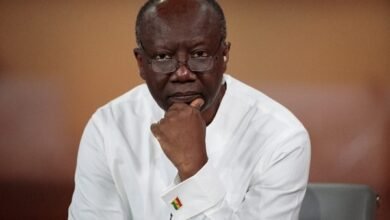News headlines
Some Aspirants, Voters Angry As District Level Election Hit Ballot Shortage
There was widespread anger in at least four regions as Tuesday’s District Level Elections (DLE) were marred by a shortage of ballots.
This shortage occurred due to the printers’ inability to fulfill the contract to print ballot papers on time.
The National Democratic Congress (NDC) has accused the Electoral Commission (EC) of mismanaging the District Level Election, leading to postponements in several electoral areas in the Ashanti and Eastern regions.
In the Ashanti region, about 10 aspirants besieged the EC offices, seeking answers to the postponement. Aggrieved candidates expressed frustration, claiming they had invested money in the process, only for it to be wasted. Some accused EC Chairperson Jean Mensa and called for her removal from office.
Aspirants questioned why some areas were voting while others were not, accusing the EC of favoritism.
“The reason we are here is that there is no voting going on in my electoral area – Manhyia South, CPC Electoral Area. We don’t understand hence our presence here. If they say there is a challenge, why hasn’t the EC resolved it?” he questioned.
“Why should some places be voting while others are not? This is because the EC is interested in some electoral areas…,” an aspirant said.
Voters also pleaded with the Electoral Commission to provide ballot papers so they could cast their votes.
“There are many people out here, we were told there are not enough ballot papers to vote. We’ve been waiting for them for long, they should come to our aid,” a voter said.
Another voter also said: “My problem is that some aspirants went to borrow money to prepare food for the voters so rescheduling the election, is not going to help them at all. Other voters from other regions were given money for transportation so rescheduling it would mean they would have to provide a place for the voters to spend the night and wait till the appropriate day of the election.”
“After waiting for hours, the EC came to tell us that the Assembly Members ballot papers were in but Unit Committee Members papers were not ready so most people got angry and left.
“We are pleading with them to do better next time because this process is too poor…”
In the Central region, about 23 polling stations were affected, with some not receiving ballot papers for Unit Committee Members.
The situation led to disappointment among voters, with some expressing frustration over the poor organisation of the process.
“We deployed our agents to all polling stations and as we were going round, we realised that the EC materials were not available and were informed that the Unit Committee ballots were not in even though the Assembly members were intact. We pleaded with EC to allow us to vote for the Assembly members but we were turned down.”
The Electoral Commission faced criticism for the delays and logistical challenges, prompting calls for improvement in future elections.
Credit: Emma Ankrah





